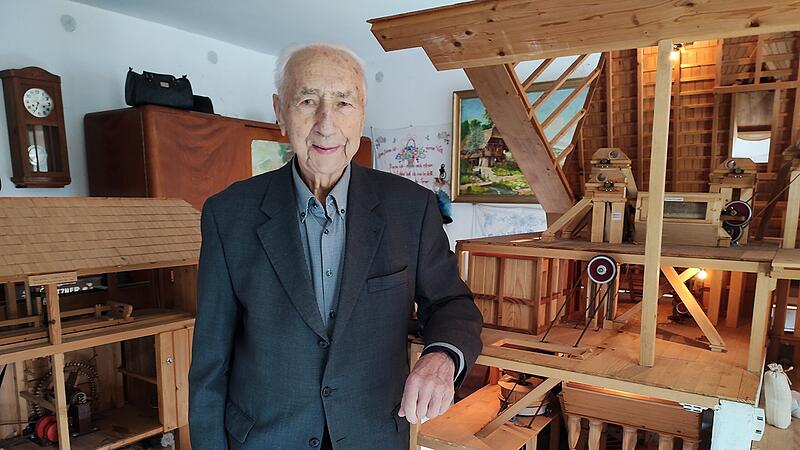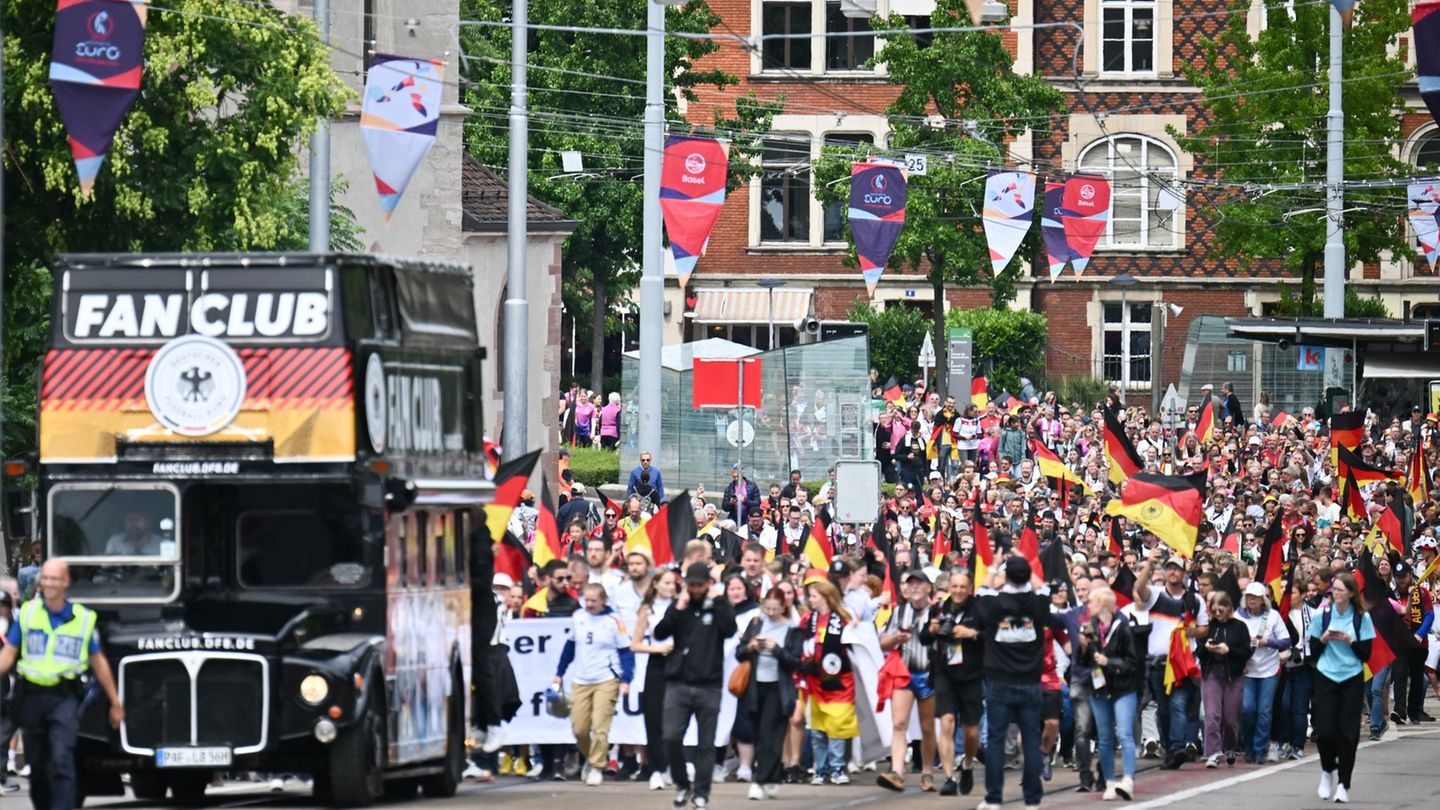Image: Pohn
The 97-year-old Josef Rossgatterer has his memories of this time in the book “Everything flows” (Verlag Nina Roiter) published – in the presence of his son-in-law, Vienna’s Mayor Michael Ludwig. Writing the book wasn’t always easy, he says. “Sometimes I cried when I thought about it. It wasn’t always nice what I experienced.”
What are your earliest memories?
I wasn’t born into a good time. In the 1930s there was great hardship due to the economic crisis. Beggars went from house to house asking for a piece of bread.
Austria’s annexation to Hitler’s Germany was preceded by Chancellor Kurt Schuschnigg’s resignation speech. Did you hear this speech?
Yes, we heard Schuschnigg’s resignation speech from the neighbors. My parents had a Christian-social attitude and were very shocked. We rejected the Nazis.
How did you experience the invasion?
The German soldiers marched into Lembach and showed themselves from their friendliest side. We children got chocolate. In the evening there was a torchlight procession. Those who did not cheer or spoke out negatively against the new regime risked being beaten.
Has this dampened the spirit of optimism again?
No, the shirt is closer to man than morality. Most of them longed for Hitler because of the economic crisis – although a certain brutality was already recognizable.
What did you notice about it?
Mentally handicapped people were soon taken away from us, and only a short time later their parents found out about their deaths. Hitler said: “If you don’t work, you shouldn’t eat either!” I also experienced how a Catholic youth leader was beaten down by SA men. The Nazis were against the church. Jews did not live in the Lembach area. When Hitler then called for war, enthusiasm for the regime was severely dampened.
Did you also have to go to war?
Yes, but there is a background to this: After I had come to work in Natternbach in 1943, I was supposed to join the SS. But I knew about the bestial behavior of this unit. Therefore, I pretended to be stupid before being called up, even feigned a crying fit and was not accepted. I then came to northern Italy to the heavy artillery. A month later I was shot in the stomach and was not released from the hospital until shortly before the end of the war. My brother and I were drafted into my family. I survived, my brother was reported missing.
How did you experience the end of the war in Lembach?
In May 1945 I was already at home. Lembach was handed over without a fight. A hostess who had been to the United States and could therefore speak English well negotiated with the American soldiers. After the Americans marched in, the Russians occupied us. The factories were then starved, and there were also attacks.
What assaults happened?
Once I had to protect my sister when a Soviet officer tried to rape her. I hit his face with my fist and was arrested. The Soviets thought I was a Nazi. I was already afraid of going to Siberia. But our mayor testified for me. It also helped that the rapist was a demoted Soviet officer who had a history of multiple rapes.
So you have experienced a lot and, above all, survived. What advice would you like to give to younger generations?
I advise people to take the initiative, i.e. to live on their own responsibility and not to always immediately call for the state to fix everything.
Source: Nachrichten




